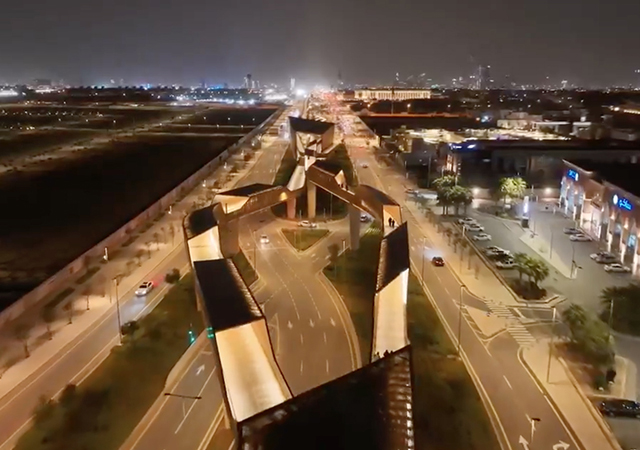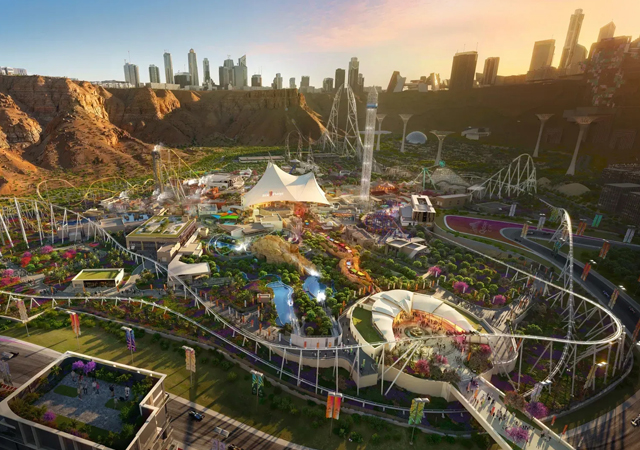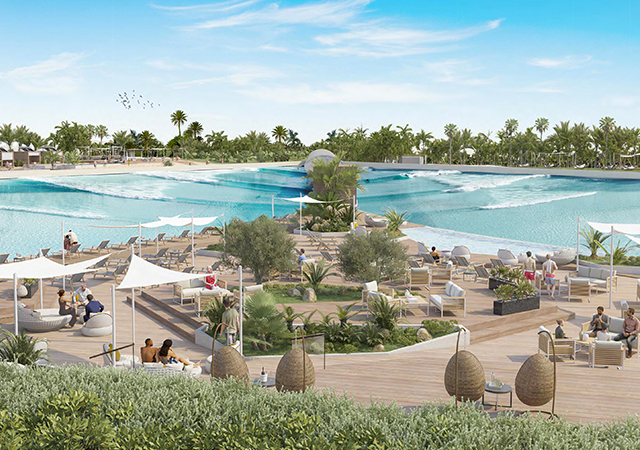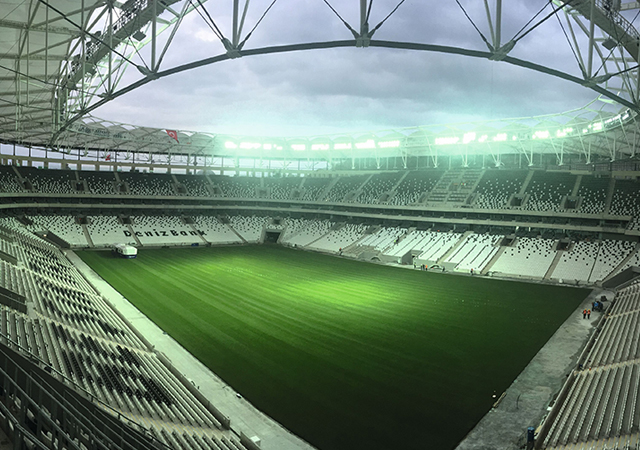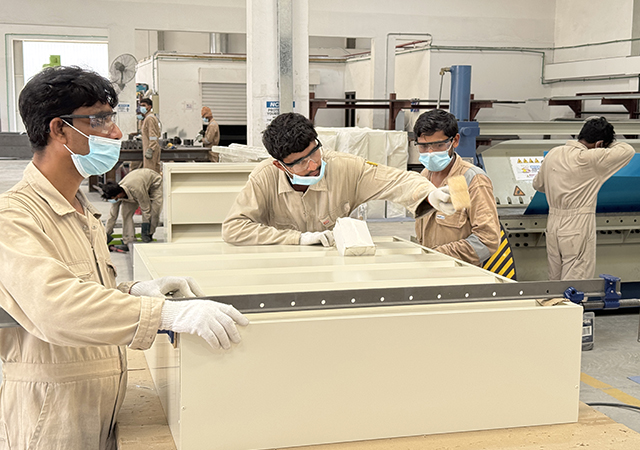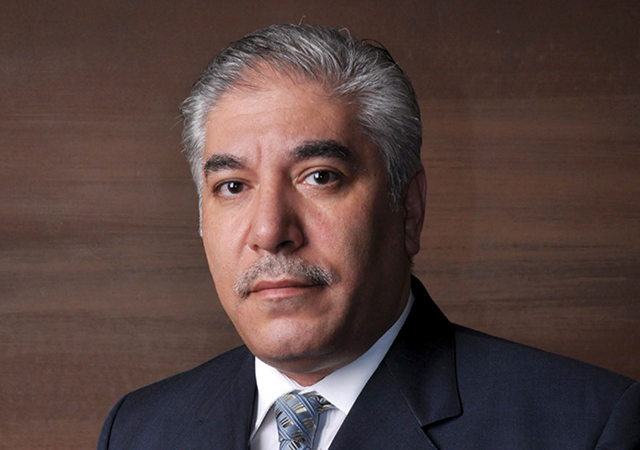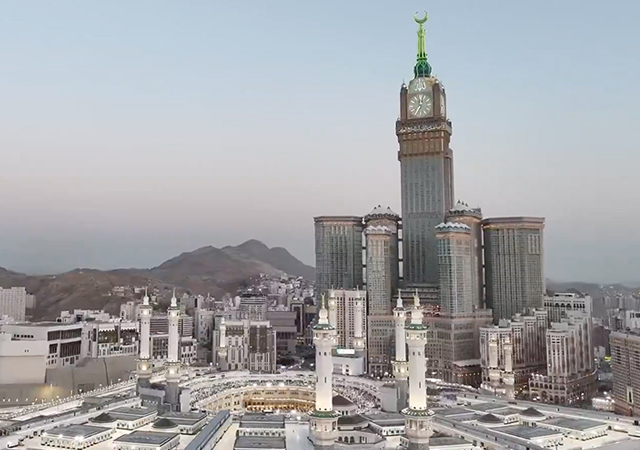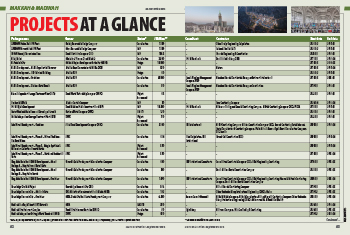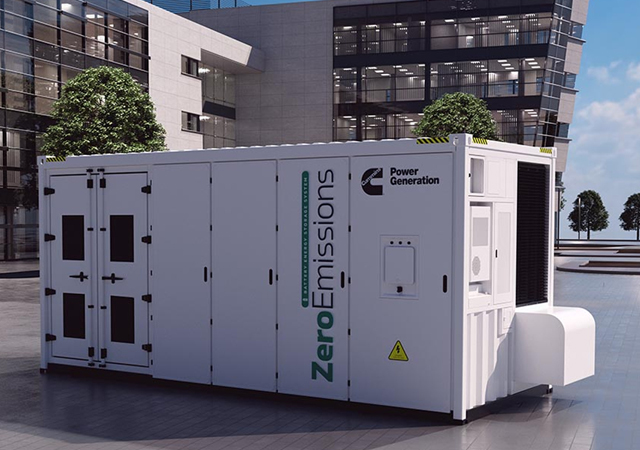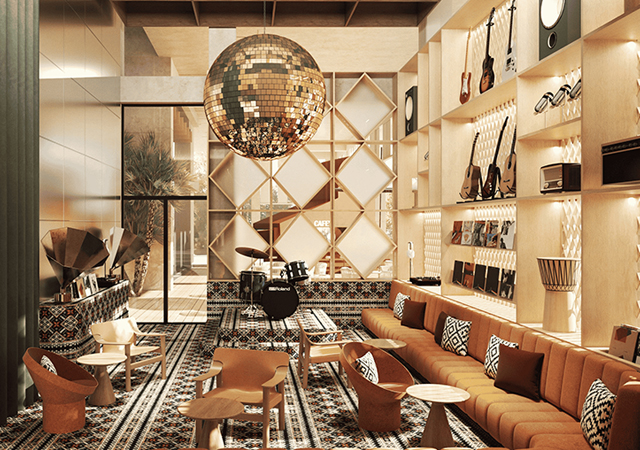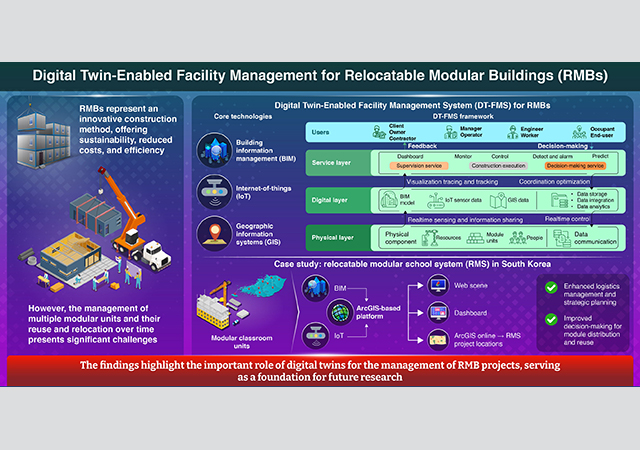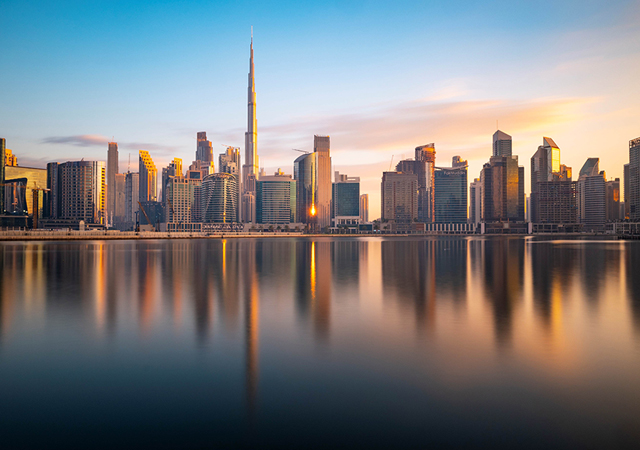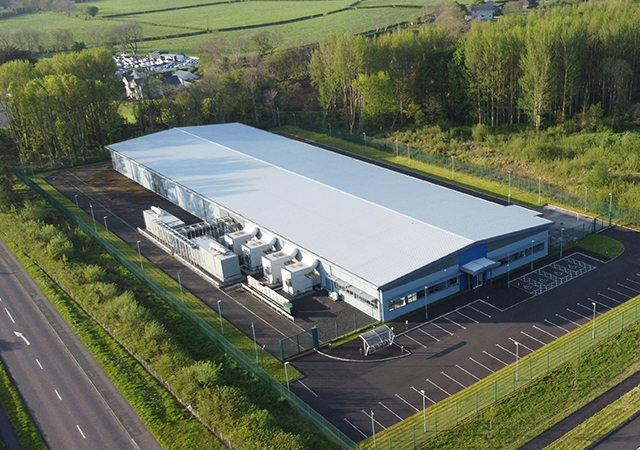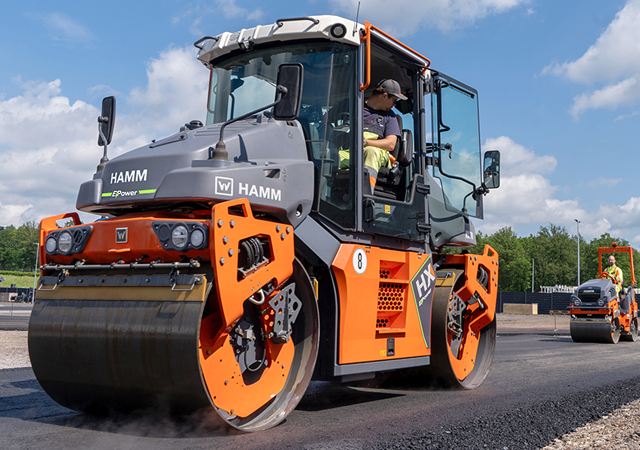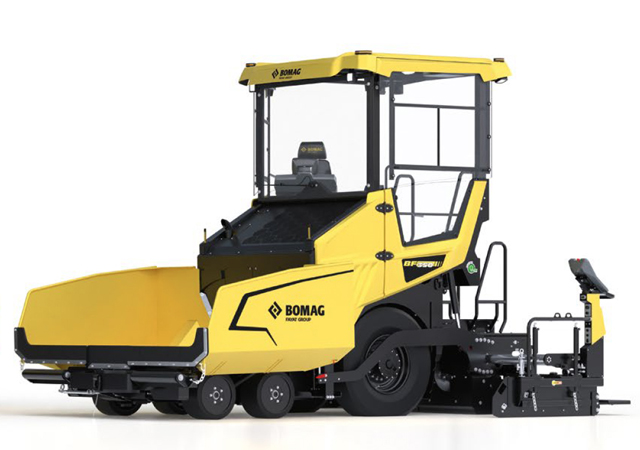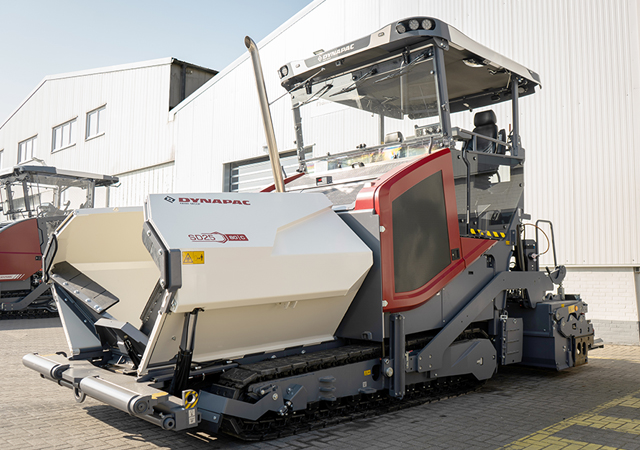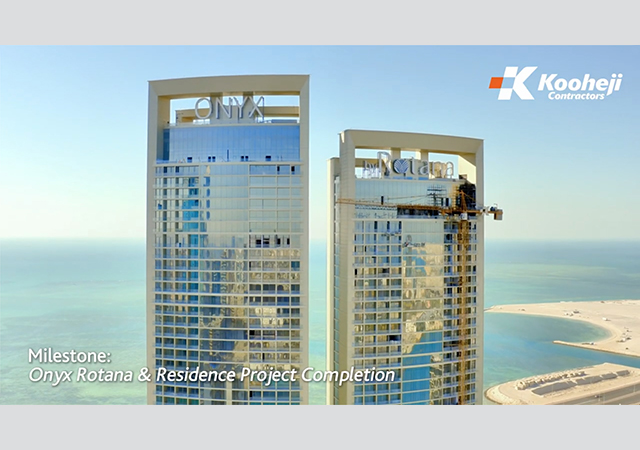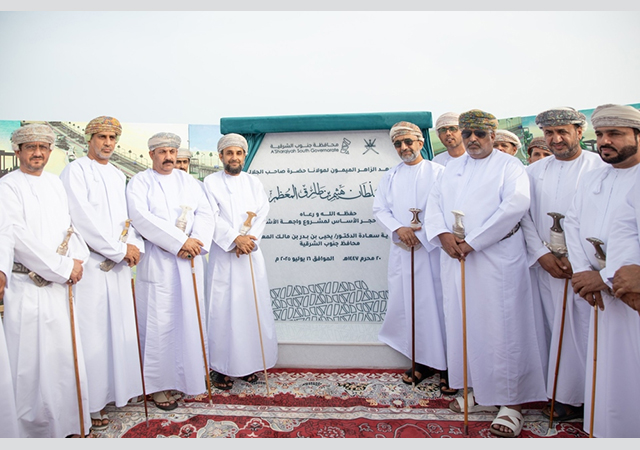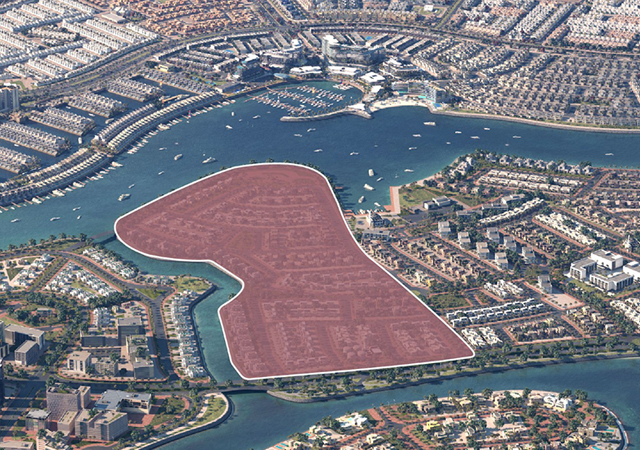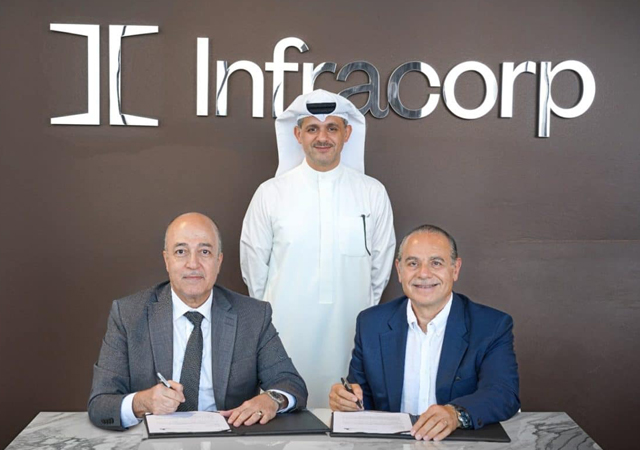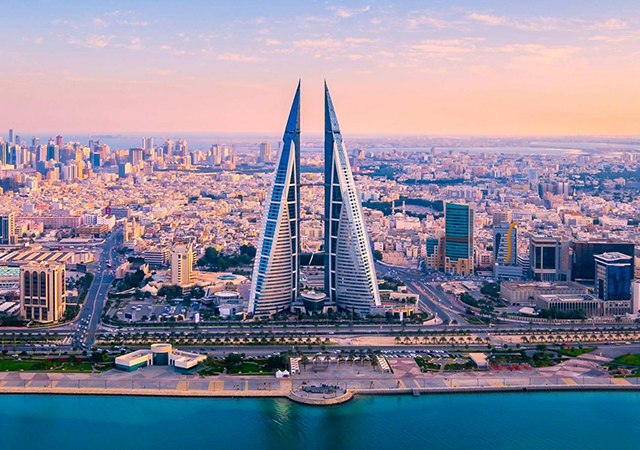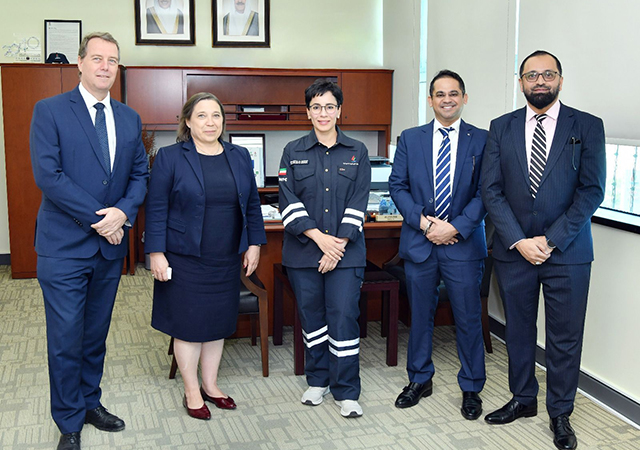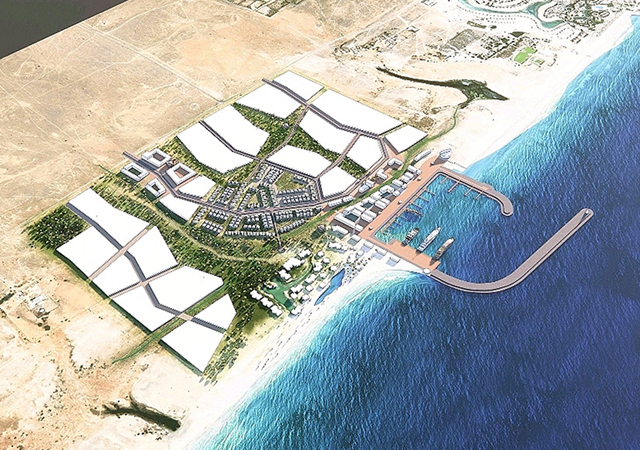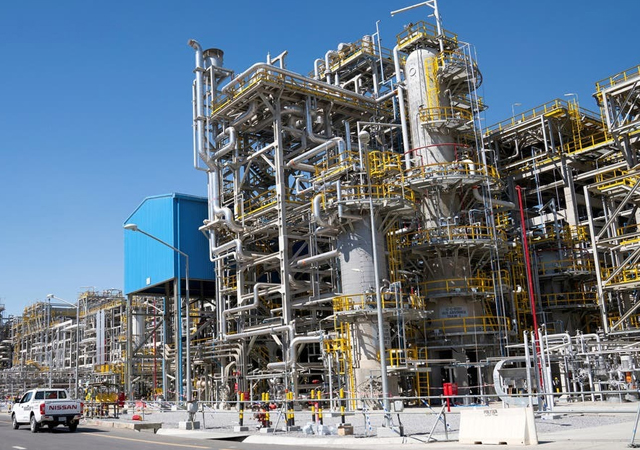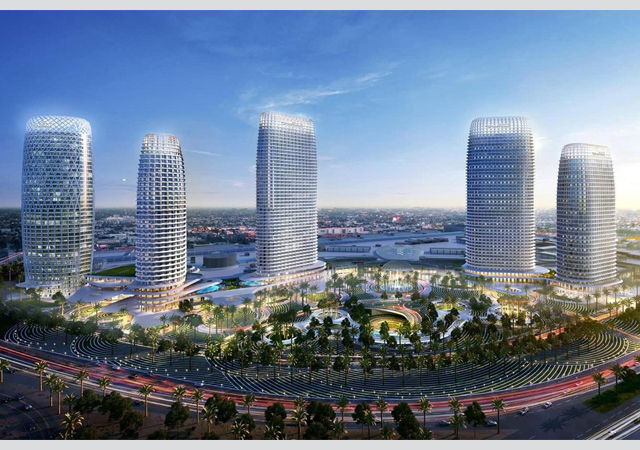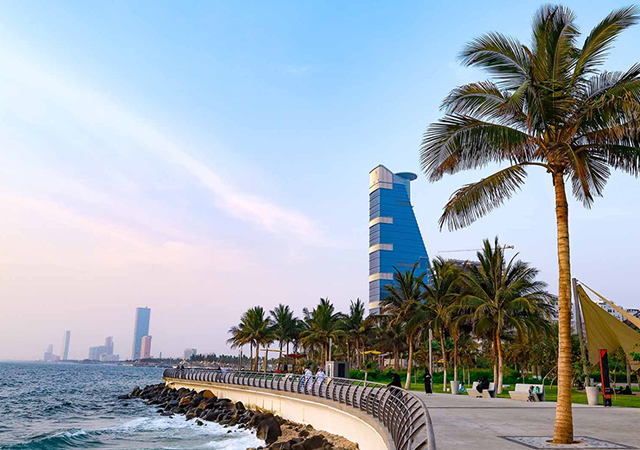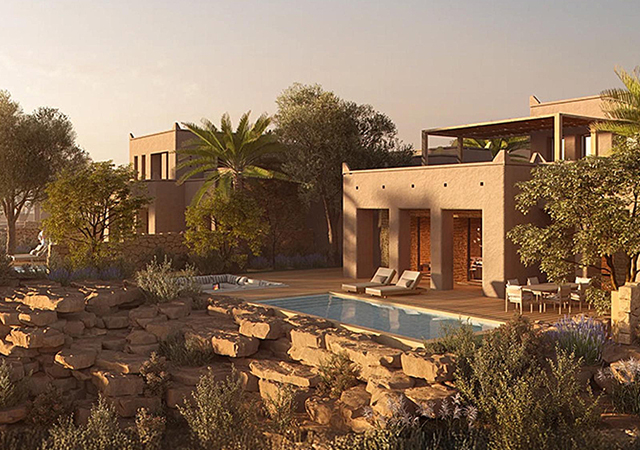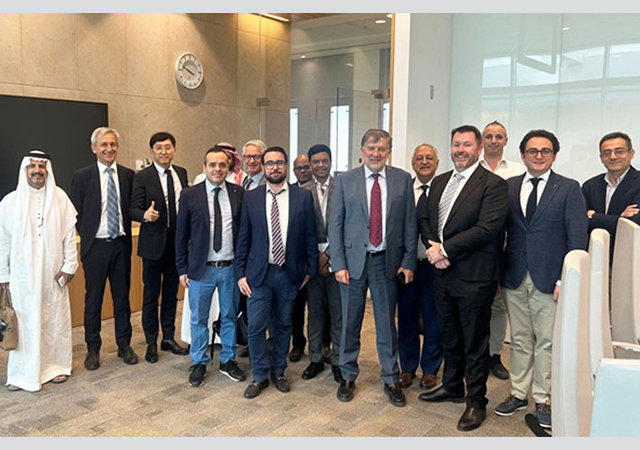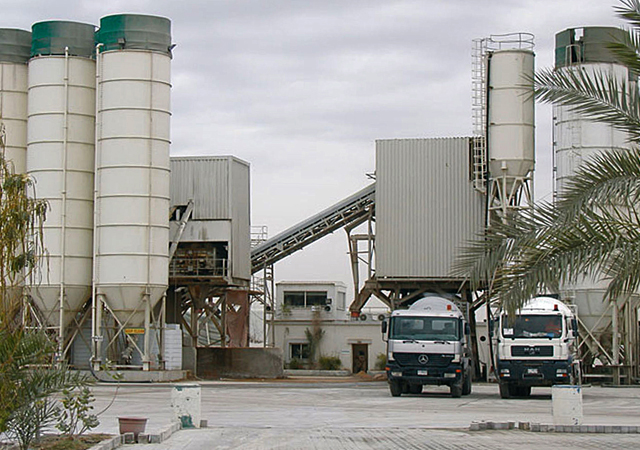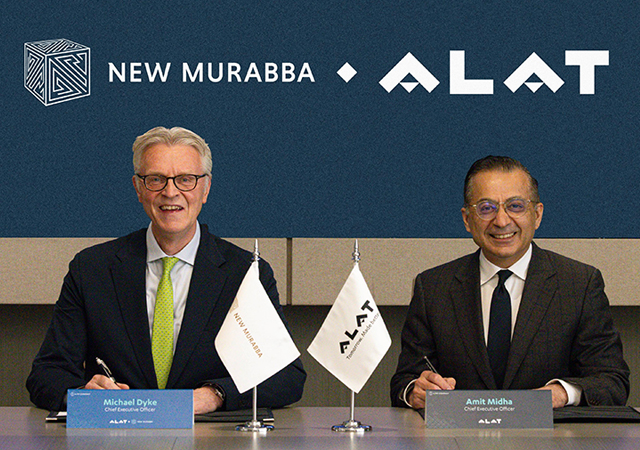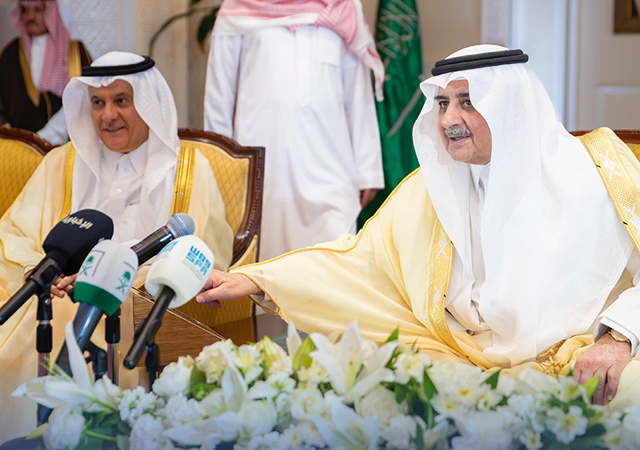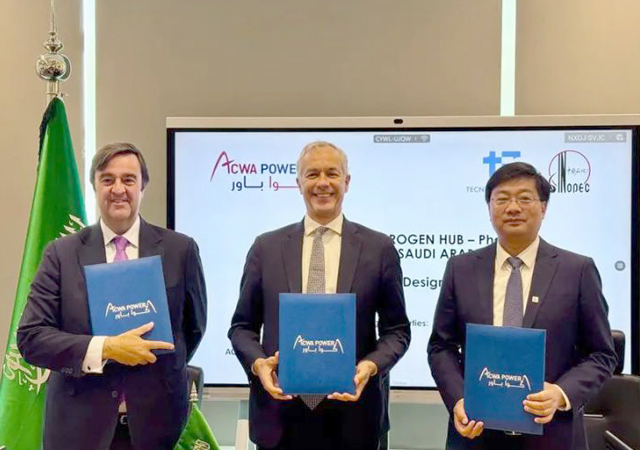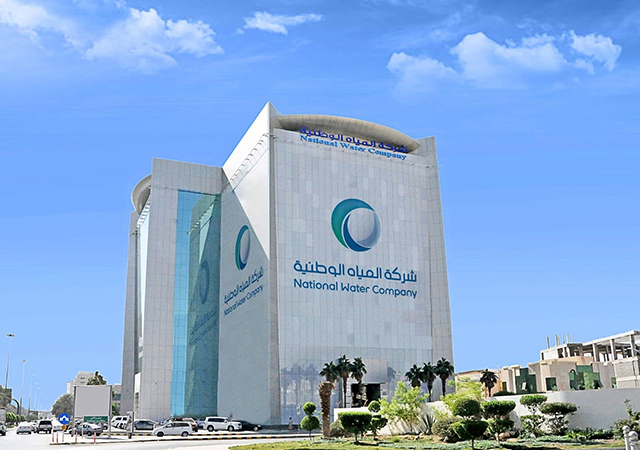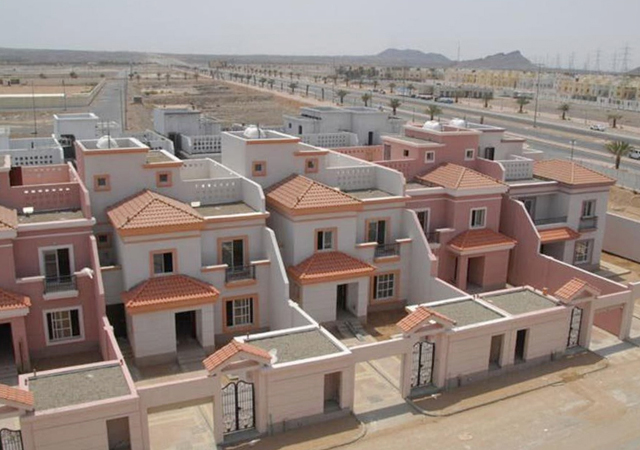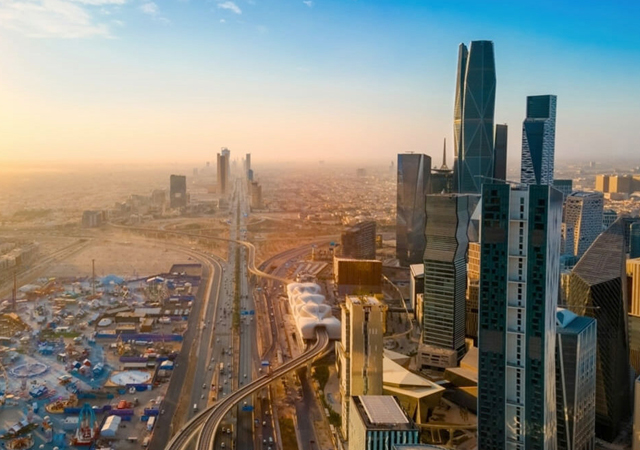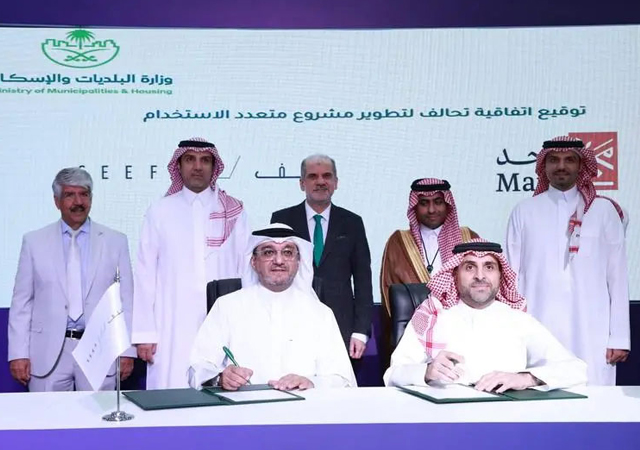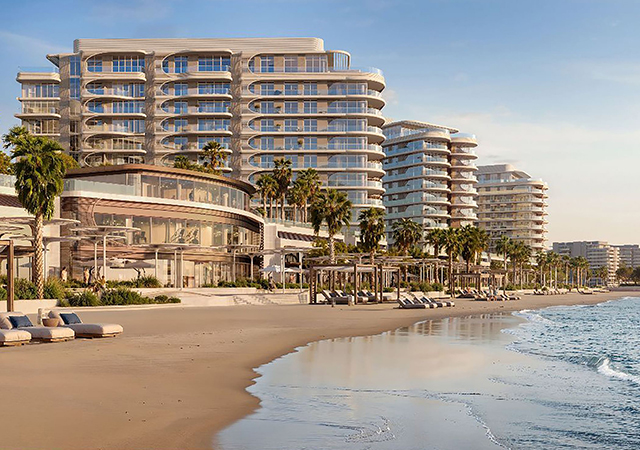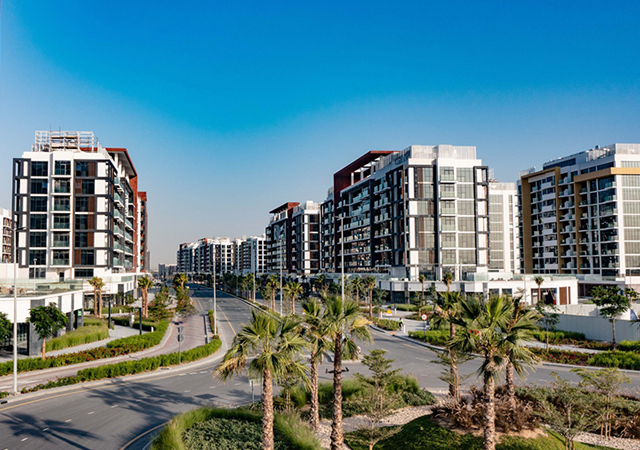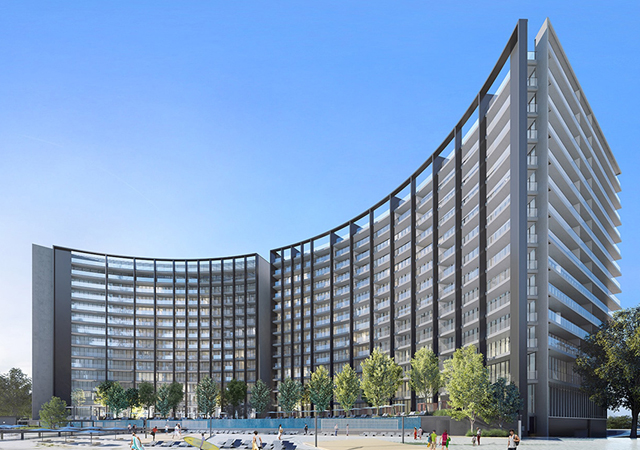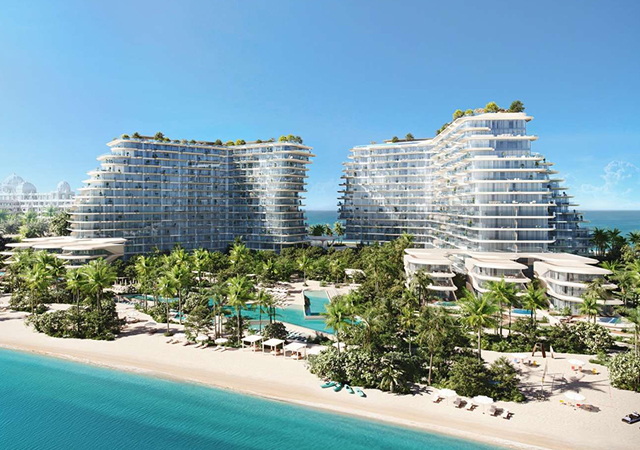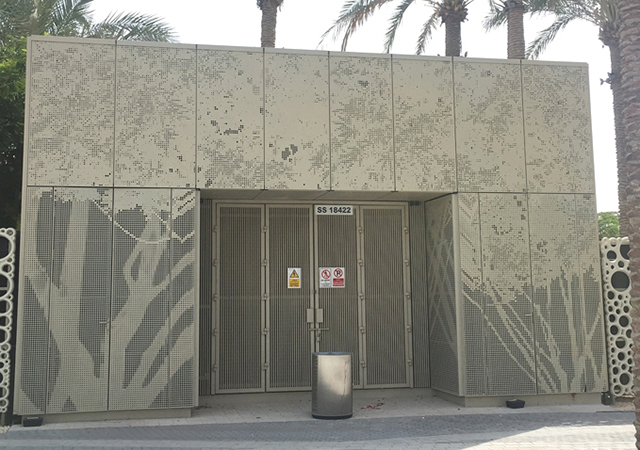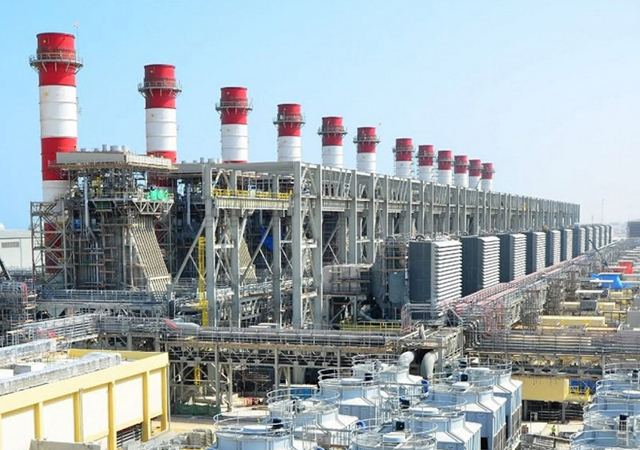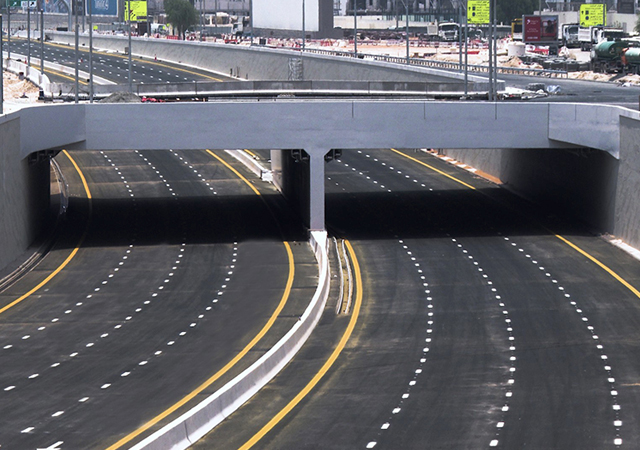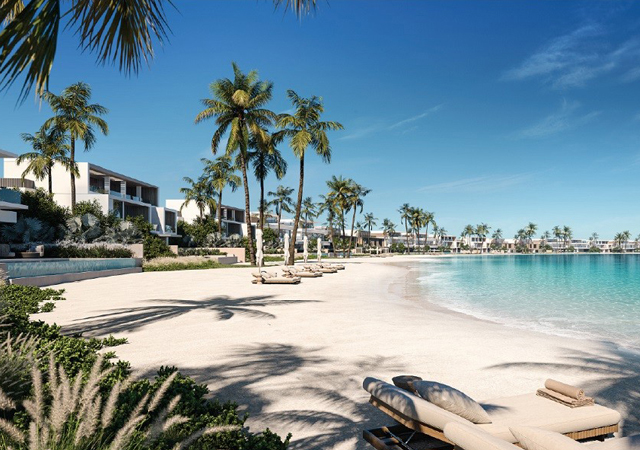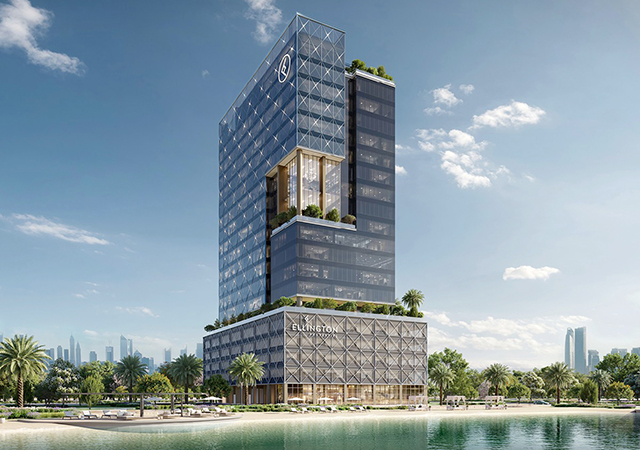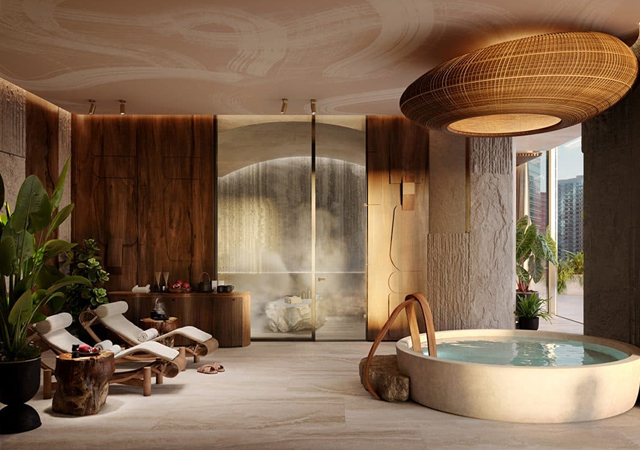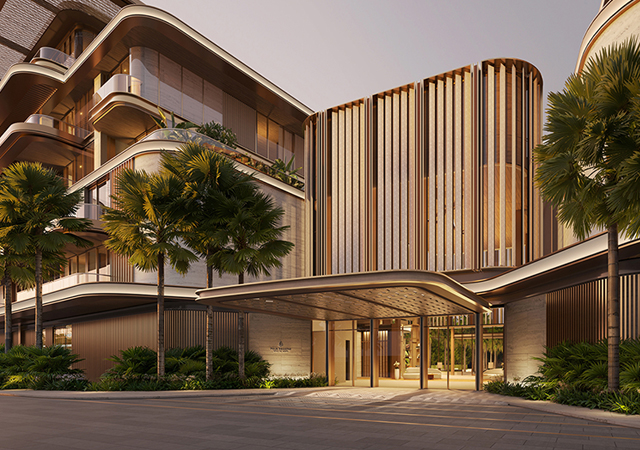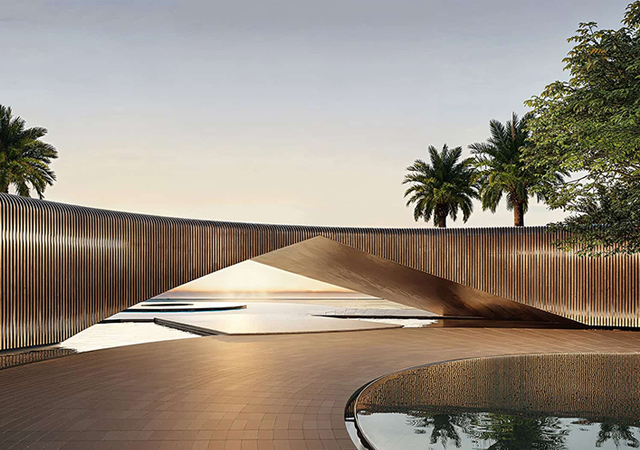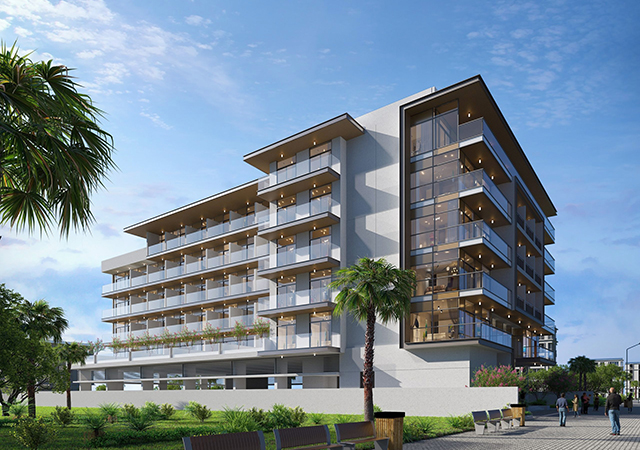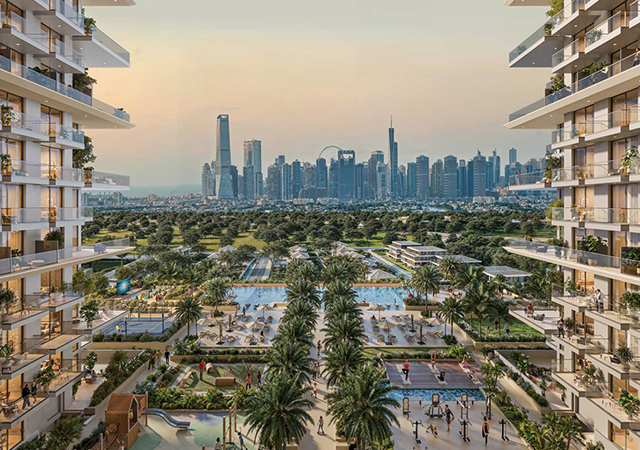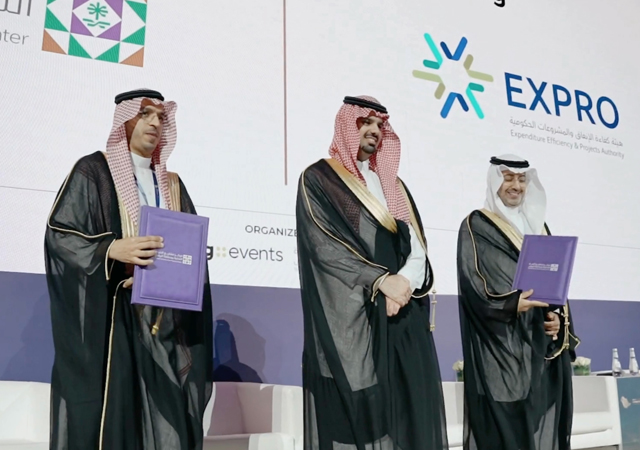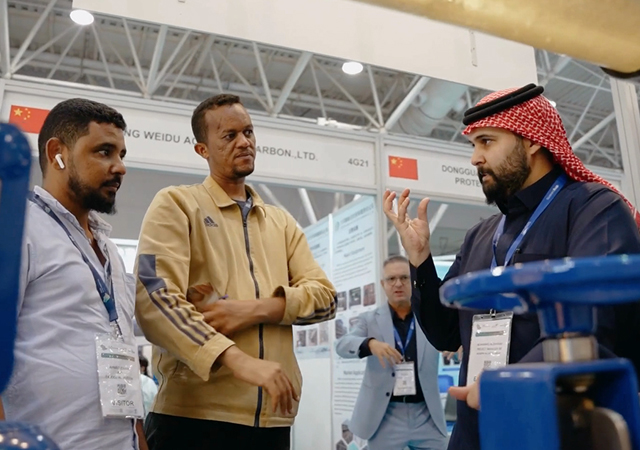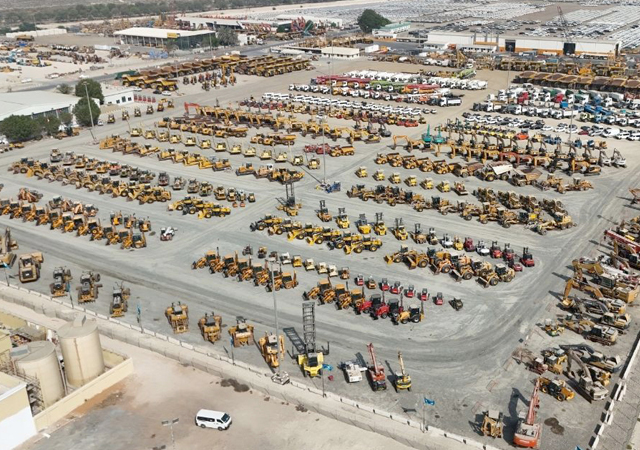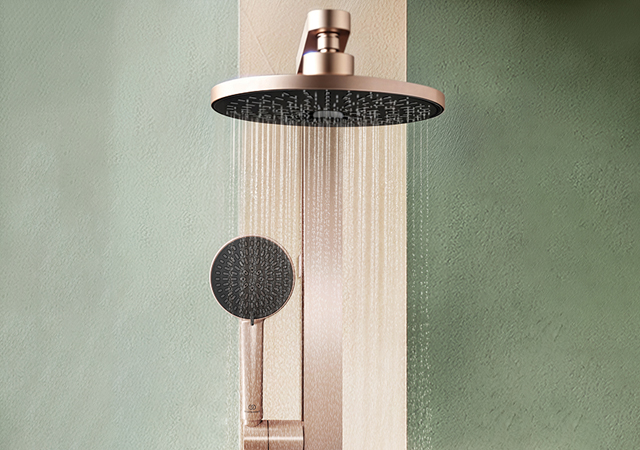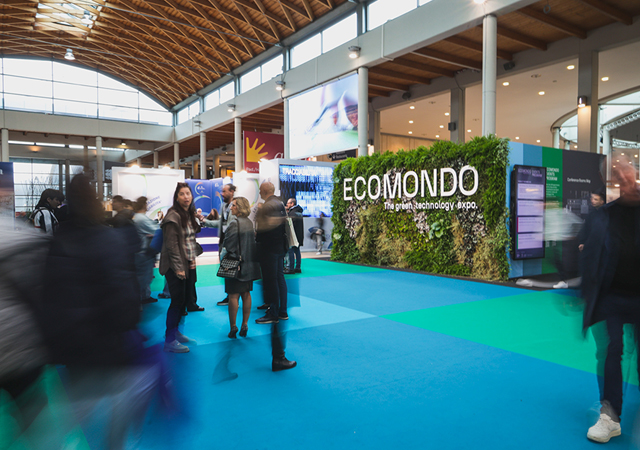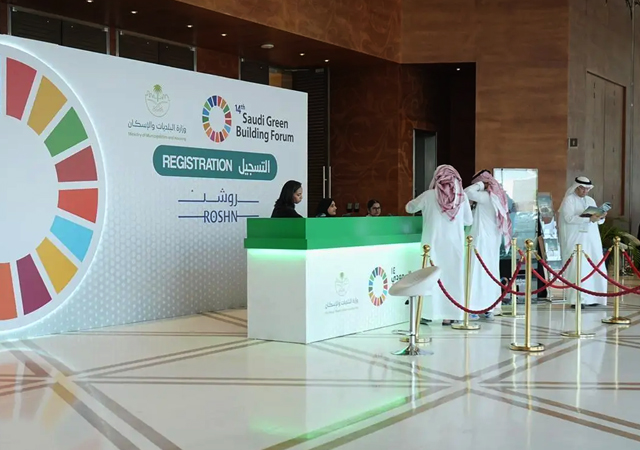
 Century Self-Lock system … useful in various applications.
Century Self-Lock system … useful in various applications.
AN innovative self-locking glazing system recently launched in Dubai is set to take the glazing industry by storm because of its simplicity and unique features, according to its inventor.
Brainchild of Arakkal Abdul Lathief, managing director of the Dubai-based Century Glass, the Century Self-Lock glazing system makes installation easy and enhances safety while offering substantial savings in labour and installation time.
The patent-pending product (GCC and international) enables glass panels to be secured in position with a uniform grip all along eight edges, reducing horizontal movement. Any external force applied only serves to enhance the locking power through a fulcrum movement, he points out.
Lathief established Century Glass in the UAE in 1990 as a trading firm dealing in glass and related products, having previously learned the ropes of the business with industry leaders such as Saudi American Glass. Eventually, the company set up its own processing unit to meet the specific demands of its high-profile clientele.
Elaborating on the need for the system, he says: “Until the advent of the system, we were confronted with a great deal of problems with conventional systems, which made installation of glass very time-consuming and labour-intensive, and the end result would often be imperfect. Aluminium sections, which are bulky and intended for thin glass, are normally used for thick/heavy glazing that do not allow any room for error. There would often be mismatches between the glass and the aluminium frames resulting in wastage and time loss.”
Frustrated with the problems of installation, Lathief launched a quest for an ideal system and eventually designed one himself – and having done it, now wonders why anyone didn’t think of it before as it seems so simple!
“The Century Self-Lock Glazing system is the ideal solution to many problems associated with glazing work and minimises the need for a skilled workforce. It has a unique slim and sturdy profile design – comprising two solid aluminium components which lock into each other and contoured EPDM gaskets – held under pressure – which secures the glass firmly in place, eliminating the need for silicon or sealants,” he explains.
“Its design, with a 21 mm inner cavity (42 mm both horizontal and vertical), permits higher tolerance on glass dimensions, allowing the glass to be processed prior to the fabrication of frames. This provision helps to standardise glass sizes and allows faster completion of bigger projects compared to conventional frames. The system is suitable for glass measuring 8, 10 or 12 mm in thickness – with 10 mm being the ideal.
“The dry glazing feature – without sealants/glue – of the system also speeds up the project and facilitates removal or replacement of glass as well as relocation of the panels. The system also offers enhanced shock absorption and acoustic insulation,” he adds.
The system was developed in late 2002 and commercially applied first in the Dubai Airport Free Zone offices for two multinational companies and the result was impressive. Since then more than 350 jobs – including some prestigious projects – have been carried out using the system, especially for leading interiors and property developers in Dubai.
“Last year, we first applied for the GCC patent and subsequently pursued for the international patent through our lawyers Al Tamimi and Company, a leading law firm in the UAE,” says Lathief.
Century Glass’s order books are awash with enquiries emanating from various corners of the globe. Alpha Group International, which represents European flat glass specialist Glaverbel, will represent the company in Lebanon, Syria, Iraq and Jordan and Hafele India Limited, a subsidiary of the German building technology and system provider, will be its distributor in India. In addition, orders are received from local glazing contractors with whom arrangements are being made for the supply of the system for projects.
“In order to meet the local demand, we are doubling our manpower and looking at appointing distributors throughout the GCC,” he comments.
The product drew a great deal of attention from professionals and contractors, both local and international, at the Big 5 show in Dubai in November last year as well as at the Iraq Build Exhibition held in Kuwait early this year. “The response was overwhelming” says Lathief.
The company now intends to exhibit at the Project Lebanon in Beirut (May 11 to 15) and later in the Glasstec 04 at Dusseldorf in Germany (November 9 to 13) this year.
Having designed the system, Lathief’s company is reaping rewards of local and international recognition.
Among the innovative jobs undertaken by the company was the shopfront for a car showroom in Sohar, Oman, where double-height panels have been fixed together to give an expansive but durable facade.
Lathief has now complemented his original invention with two variant profiles – for double glazing and for bottom rails (for doors and fix glazing). The system can be used for shopfronts, internal glass partitions, glass doors, fixed windows, concealed mirrors fixing, shower cubicles, signages etc.



